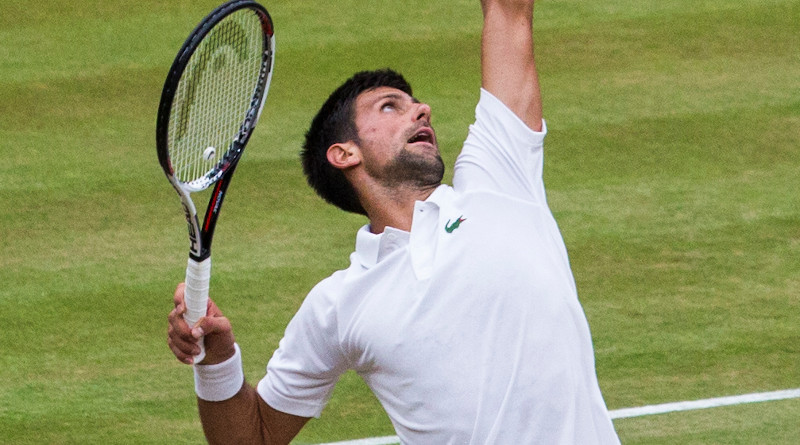Serbian Tennis Star Djokovic Tests Positive For COVID-19
World number one tennis player Novak Djokovic and his wife, Jelena, have tested positive for the COVID-19 virus.
The Serbian tennis star confirmed on Tuesday that he is the fourth player to test positive for the novel coronavirus after taking part in the regional Adria Tour that he organised.
Djokovic, who has faced a storm of criticism for staging the charity event in spite of the threat from COVID-19, was tested along with his family and team on arriving in the Serbian capital, Belgrade, from the Croatian coastal town of Zadar.
“My result is positive, just as Jelena’s, while the results of our children are negative,” Djokovic said in a statement in English on his official website.
Sunday’s final event in Zadar was cancelled after Bulgarian player Grigor Dimitrov tested positive. Croatian Borna Coric and Serbian Viktor Troicki were also infected.
Djokovic, who had already faced criticism for saying that he “personally” is opposed to taking a potential vaccine for COVID-19 in order to travel, raised eyebrows by staging the Adria Tour 2020 without any social-distancing precautions.
In his statement, Djokovic apologised.
“We organised the tournament at the moment when the virus has weakened, believing that the conditions for hosting the Tour had been met,” he wrote. “Unfortunately, this virus is still present, and it is a new reality that we are still learning to cope and live with.”
“I am extremely sorry for each individual case of infection. I hope that it will not complicate anyone’s health situation and that everyone will be fine.”

